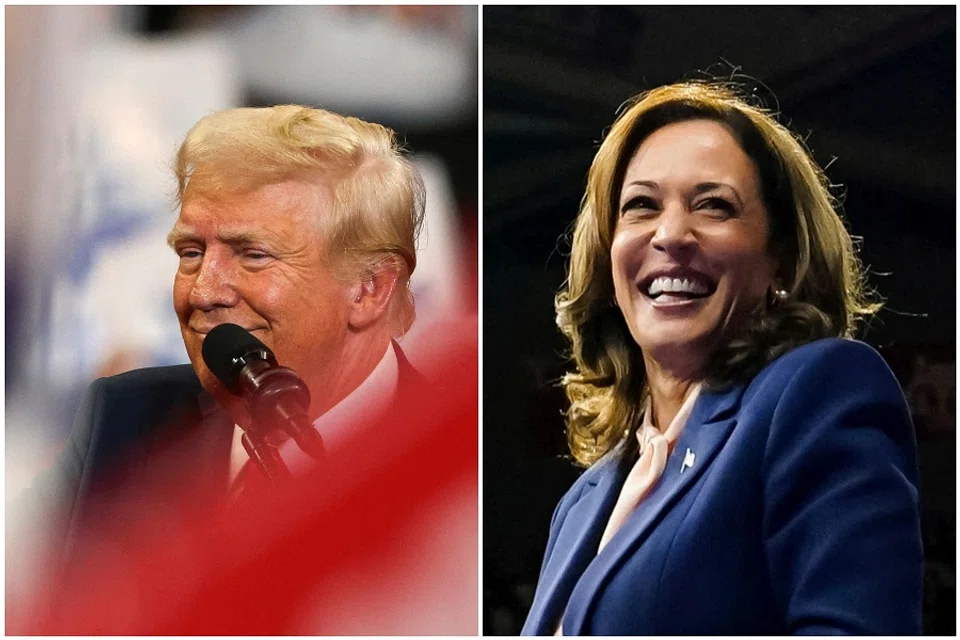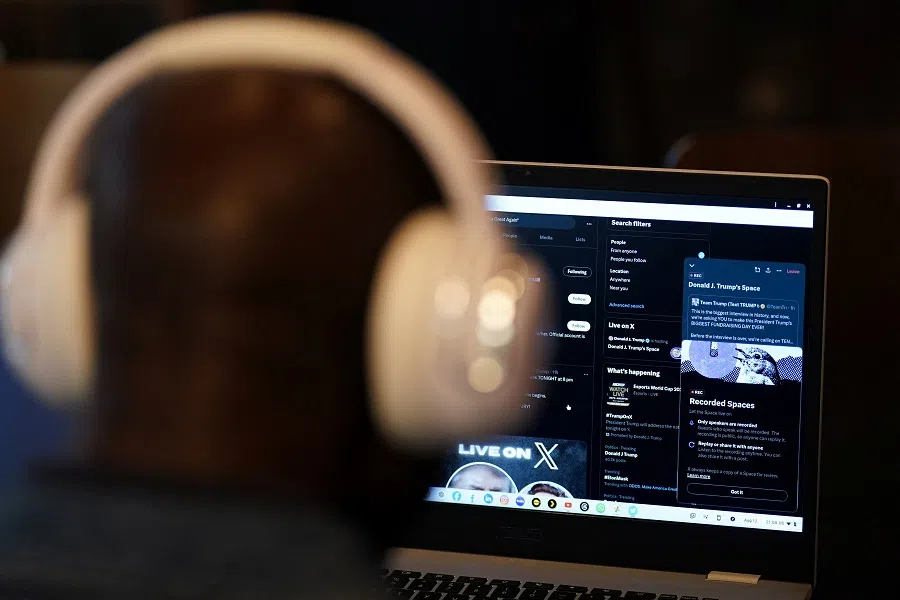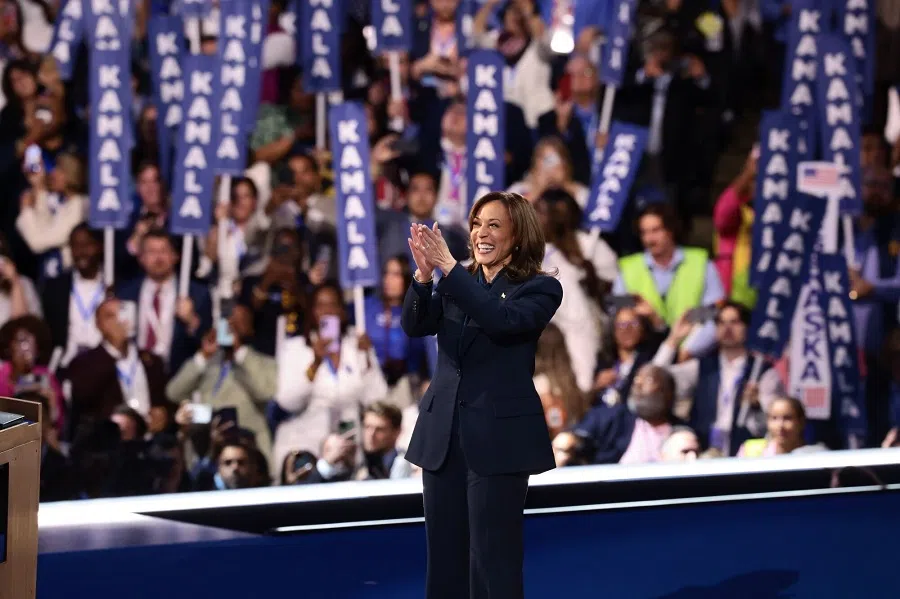Japanese academic: Comparing the China policies of Trump and Harris
Japanese academic Seiko Mimaki looks at what Donald Trump and Kamala Harris have said about China, and their likely policies if each of them takes office after the presidential election in November.

From 15 to 18 July, the Republican Party held its convention and adopted its platform, the de facto promises of the party’s presidential candidate, Donald Trump. The platform mentions “protecting American workers and farmers from unfair trade”, and targets China by advocating moves such as revoking China’s “most favoured nation” trade status and phasing out imports of essential goods.
To get a better idea of Trump’s China policy, one can refer to An America First Approach to US National Security, a book published in May by the America First Policy Institute (AFPI), a think tank working to lay the groundwork for the second Trump administration. The people behind the book include former Trump advisers such as contributing author Robert Lighthizer, former US Trade Representative, and editor Fred Fleitz, former National Security Council chief of staff for the Trump administration. If Trump is elected, these people might also come into political power.
Republican plans: increase in tariffs on Chinese products
The book positions China as “the most pressing threat to American national security” and declares that the US must use all of its powers to focus on deterring the Chinese threat. Specifically, it calls for the continuation of all tariffs imposed on China by the former Trump administration and the development of supply chains “based exclusively on American workers, our allies, or our friendly neighbours in the Americas”.
The AFPI proposal’s call for a significant increase in tariffs on Chinese products is in line with Trump’s argument. Trump has been fond of quoting the 25th US President William McKinley, known for the McKinley Tariff (1890), and has affirmed tariffs as a means to protect the jobs of American workers. In an interview with Bloomberg Businessweek published on July 16, he said, “He [McKinley] made this country so rich.”
Trump sees China as a threat not so much as a country, but as “unfair” trade that hurts American workers.

However, there are some differences between the AFPI proposal and Trump’s that cannot be ignored. In the AFPI proposal, tariffs are positioned as a means to counter China, which has become a threat to America’s economic security by controlling key technologies and supply chains.
However, Trump has said the goal is to reduce the trade deficit and protect domestic industries. Trump has pledged to impose a flat 60% tariff on all imports from China, and 10-20% tariffs on imports from other countries. Trump sees China as a threat not so much as a country, but as “unfair” trade that hurts American workers.
He [Trump] added: “Taiwan is 9,500 miles away [from the US]. It’s 68 miles away from China.” This is in stark contrast to current President Joe Biden, who stated six times during his tenure that the US would intervene if China attacked Taiwan.
Trump may look less fondly on Taiwan
Besides, Trump’s most recent comments on China have been quite conciliatory. On 12 August, Trump was interviewed by Elon Musk, owner of social media platform X. During the two-hour session, China was mentioned several times, but he did not criticise China, and he even said he wanted to be friendly with President Xi Jinping. He did not mention Taiwan, which may not have been a coincidence, but a deliberate silence.
In an interview with Bloomberg Businessweek in July, Trump was asked if he would defend Taiwan if China invaded it, his comment was that “they did take about 100% of our chip business”, and “Taiwan doesn’t give us anything”. He added: “Taiwan is 9,500 miles away [from the US]. It’s 68 miles away from China.” This is in stark contrast to current President Joe Biden, who stated six times during his tenure that the US would intervene if China attacked Taiwan.

If Kamala Harris wins the US presidential election, the foreign policy of the Biden administration will be passed down. Over three and a half years as vice-president, Harris made 17 overseas trips, visiting 21 countries and meeting with more than 150 world leaders, including leaders of Indo-Pacific allies such as Japanese Prime Minister Fumio Kishida, South Korean President Yoon Suk-yeol, and Philippine President Ferdinand Marcos Jr.
... with the nomination of Minnesota governor Tim Walz as Harris’s running mate, the Trump camp has stepped up its attacks on Walz as a “pro-China” candidate given his experience as an English teacher in China...
Status quo expected with Kamala Harris
In September 2022, when China conducted military exercises around Taiwan in protest over former House Speaker Nancy Pelosi’s visit to Taiwan, Harris said: “We will continue to support Taiwan’s self-defence, consistent with our longstanding policy.” On the other hand, she also met briefly with President Xi during the APEC summit in November of that year and stressed the importance of dialogue to reduce tensions.
China has not been a major issue in this presidential election. The China issue was not even discussed in the Biden-Trump debate in June, giving the impression of an “inward-looking” America. However, with the nomination of Minnesota governor Tim Walz as Harris’s running mate, the Trump camp has stepped up its attacks on Walz as a “pro-China” candidate given his experience as an English teacher in China, and China is likely to become a topic of discussion in the fall debate.
Even if Harris wins and Biden’s policies continue, the trend toward asking allies to shoulder more of the burden will not change. In the Asia-Pacific region, too, there is likely to be a growing need for a security mechanism that complements the hub-and-spoke alliance network with the US at its centre.





![[Big read] When the Arctic opens, what happens to Singapore?](https://cassette.sphdigital.com.sg/image/thinkchina/da65edebca34645c711c55e83e9877109b3c53847ebb1305573974651df1d13a)